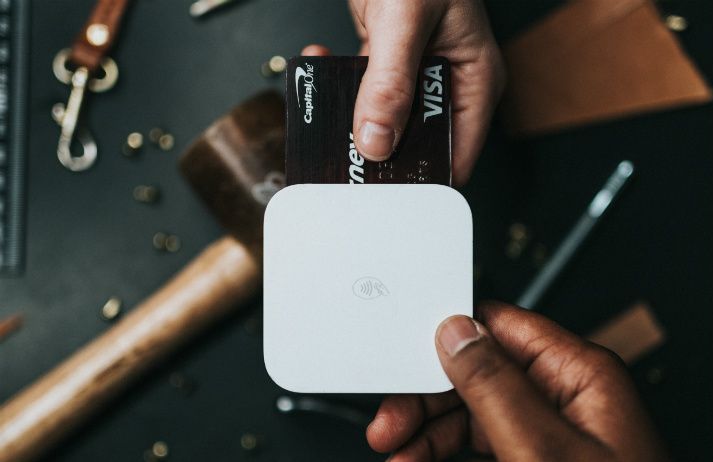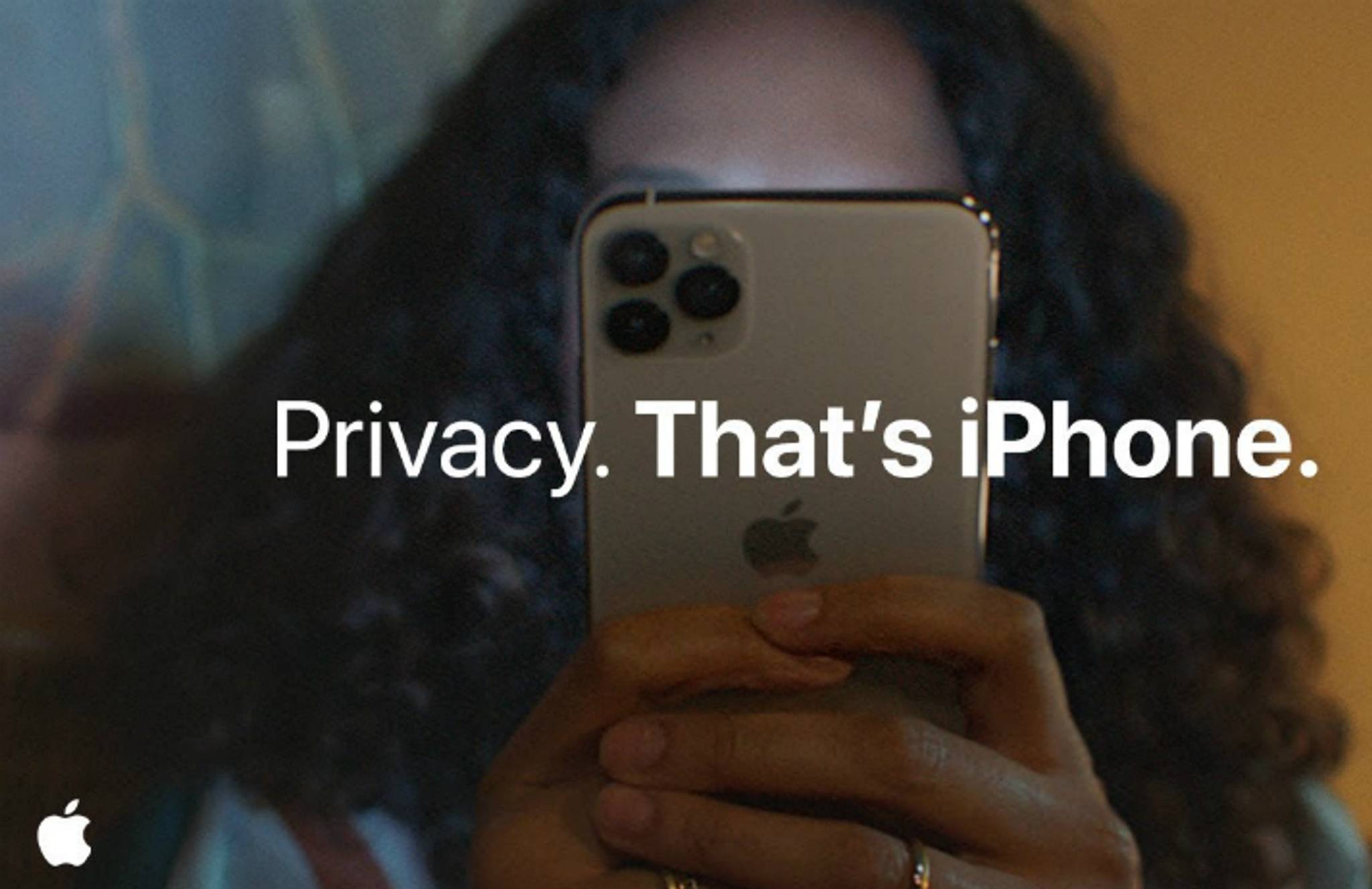
Do you ever feel like nothing more than a number? Do you want to know your worth? Does it seem like everyone wants something from you, but that you rarely get anything in return? At this year’s Huddle event – the renowned ‘unconference’ hosted by Mindshare UK – we responded to the theme of ‘power to the people’ by shining a light on the data we share with brands, businesses, and each other.
A 2018 Which? study showed that 67% of people aren’t comfortable with organisations using information about them that they’ve publicly shared on social media. But how much do we really think about the consequences of oversharing data? And how can this data imbalance be readdressed? In our Huddle workshop, hosted by senior behavioural analysts Rachel Ousley and Helen Jambunathan, we invited the audience to ask each other common icebreaker questions such as ‘What’s your family like?’ and ‘Where did you go to school?’, and then asked them to consider how they would feel if brands knew their answers. In response, 50% said they wouldn’t like brands to know their answers, and the other 50% said it “depends on the brand.” No-one in our audience was happy for brands to know all their personal info. We used this quick poll to demonstrate the high value of the data we routinely give away, and then dug into the following three human behaviours impacting the ways we share.
1. Quid Pro Quo
While data might be precious, consumers are often willing to share information about themselves if it results in some kind of benefit. Research from Salesforce, for instance, showed that 57% of consumers globally are willing to share personal data in exchange for personalised offers or discounts. And The Open Data Institute found that Britons feel an inherent sense of trust sharing data with health institutions – 64% said they trust the NHS and healthcare organisations with personal data – demonstrating that people are happier to give up their data if they know it will somehow benefit themselves or others.
2. Transparency Demands
With only 34% of people trusting the brands they use or buy from, being transparent is increasingly important. And when it comes to personal data, exposure to personal information without consumer consent can be damaging to a brand’s reputation. Epic Games, for example, came up against a class-action lawsuit in 2019 for a flaw in its data security. The vulnerability may have allowed hackers to access Fornite players’ personal information, including payment info. And although Epic Games has not disclosed the number of affected users, the slip-up has planted a seed of distrust in the minds of Fortnite’s 200 million registered users.

3. AI Uncertainty
The fears of where data goes and what it’s being used for is particularly prominent when it comes to AI, and the idea of bot hackers stealing people’s information. Speculation around Deep Fakes, for example, is increasingly front-of-mind for many tech brands and communication agencies. The collecting of physiological data, such as facial recognition and enhanced biometrics, is on the rise – with the market for facial recognition expected to reach $9 billion by 2022. And with it comes the fear-factor – 77% of people are uncomfortable with facial recognition tech being used in shops and 76% feeling uncomfortable with it being used by HR departments.
What’s next?
While many of our insights highlighted the fears around security, the future of personal data sees the consumer in control. People are wising up to how their own information is being used (or abused) and, in turn, are demanding greater transparency – they want both companies and governments to implement industry-wide protections. To boost user trust, some brands are stepping in to help people navigate this confusing landscape. Facebook’s campaign, for instance, educates Britons on digital privacy, while Apple Card is aimed at an audience concerned about financial safety.
Abi Buller is the editorial assistant at Canvas8, which specializes in behavioral insights and consumer research. She holds a degree in Creative Direction for Fashion from the University of the Arts London. Outside of work, you'll find her wandering around art galleries, practising yoga and seeking out new pastel-coloured garments to add to her collection.



